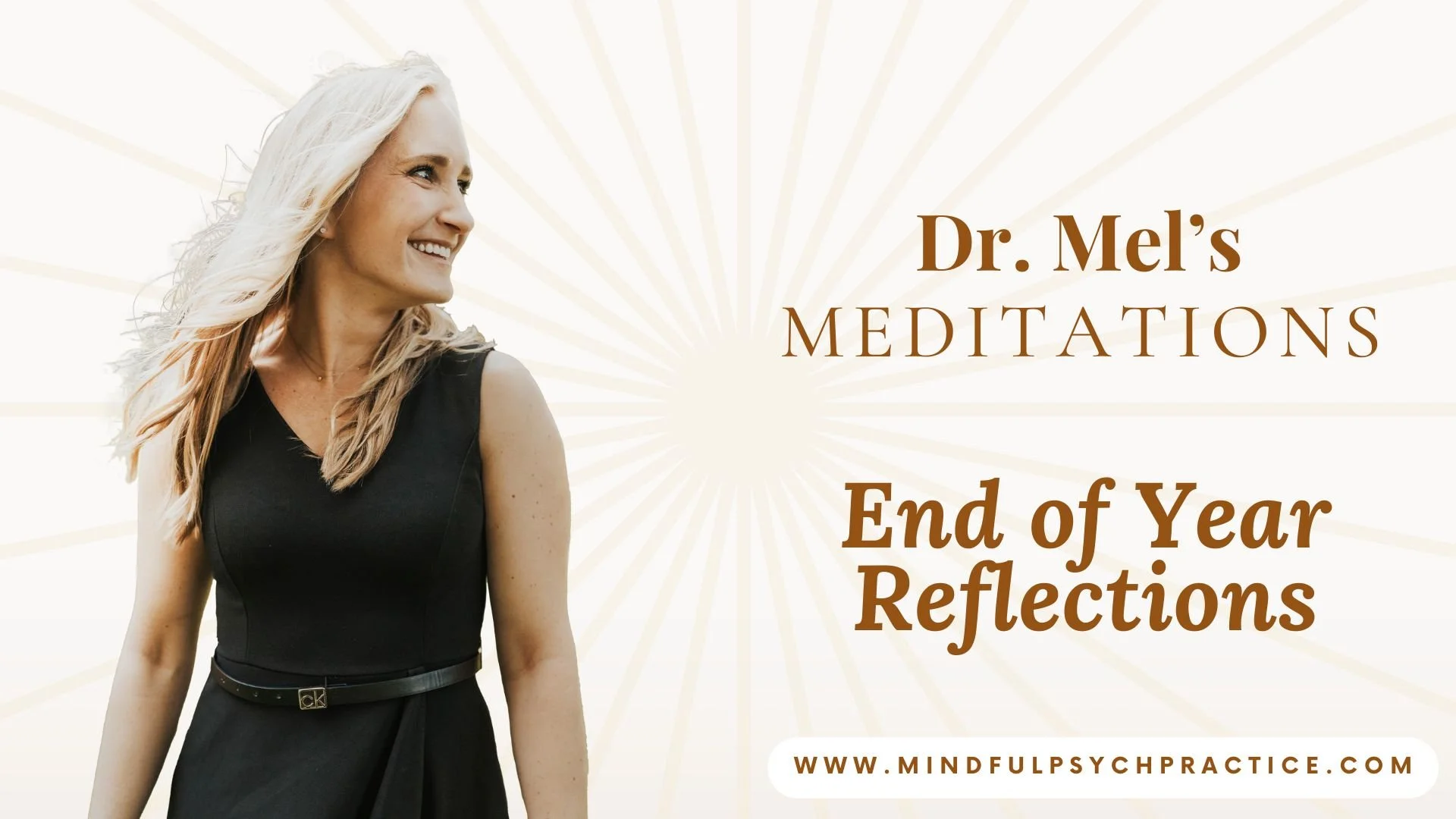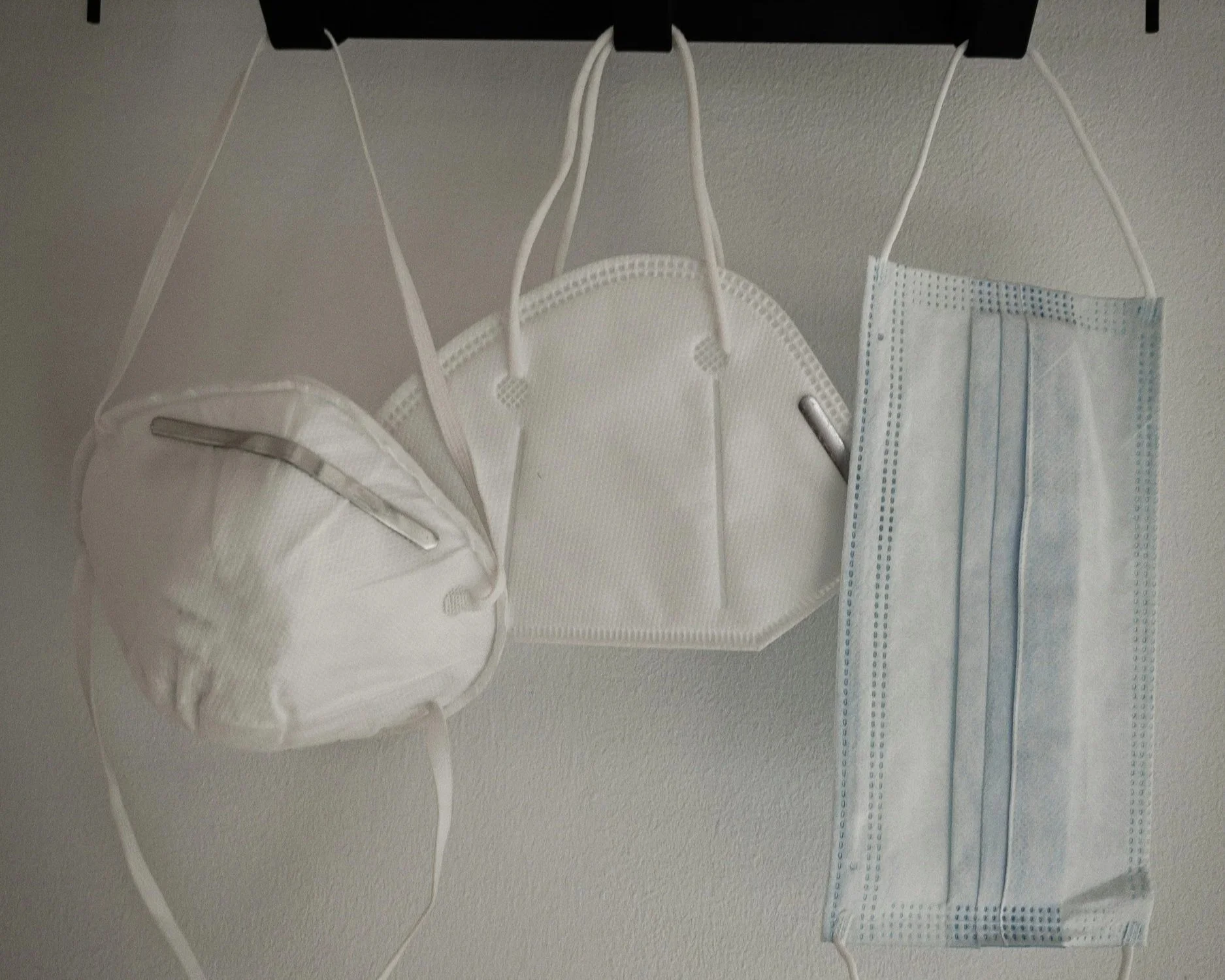
EDUCATION
About Anxiety
What is Anxiety?
Anxiety is part of being human. It appears when we’re anticipating uncertainty, preparing for danger, or pushing ourselves beyond our comfort zones. In small doses, it can help us stay alert and motivated. But when anxiety becomes persistent, intrusive, or tied to everyday situations, it can feel like your nervous system is stuck in overdrive.
Many people with anxiety find themselves trapped in cycles of worry, overthinking, and physical tension that they can’t seem to turn off. You may feel like you’re always waiting for the other shoe to drop, or constantly trying to prevent something bad from happening. Over time, anxiety can erode your ability to enjoy the present, trust yourself, or feel at ease in your own body.
How Do We Treat Anxiety?
Individualized Treatment Plans
Anxiety thrives on avoidance, mental loops, and self-judgment. Our approach is grounded in evidence-based treatments that target these exact patterns, helping you relate differently to anxiety rather than trying to eliminate it entirely.
Acceptance and Commitment Therapy (ACT)
Acceptance and Commitment Therapy (ACT) teaches you how to observe anxious thoughts without getting hooked by them. Rather than arguing with your mind, ACT helps you build psychological flexibility: the ability to stay present, choose values-based actions, and treat yourself with compassion even in moments of discomfort. You'll learn mindfulness techniques, defusion exercises, and tools for expanding your tolerance of uncertainty.
Cognitive Behavioral Therapy (CBT)
Cognitive Behavioral Therapy (CBT) helps you recognize and shift the thought patterns that fuel anxiety. Together, we’ll identify common cognitive distortions (like catastrophizing or mind-reading) and learn how to challenge them with realistic, balanced thinking. We also employ behavioral strategies, such as gradual exposure and activity scheduling, to help you confront your fears and regain a sense of mastery.
COMMON SIGNS OF ANXIETY:
-
You may find yourself constantly thinking about “what ifs,” even when there’s no immediate threat. Your brain may latch onto future scenarios or replay past conversations, making it difficult to focus on the present moment.
-
Anxiety doesn’t just show up cognitively. You may experience physical symptoms such as a racing heart, chest tightness, nausea, muscle tension, shakiness, or lightheadedness. These symptoms can make anxiety feel even scarier, especially if you start to fear that something is physically wrong.
-
You may feel like your body is buzzing with nervous energy or that you can’t fully relax, even when you want to. This can manifest as fidgeting, pacing, or a general sense of unease in your own skin.
-
When anxiety is high, your nervous system is already on high alert. Even small frustrations or interruptions can feel overwhelming, leading to a shorter fuse or more emotional reactivity than usual.
-
Racing thoughts and physical arousal can make it hard to fall asleep or stay asleep. Many people with anxiety find that their worries ramp up at night, leading to disrupted sleep and a sense of dread before bed.
-
You may start to steer clear of people, places, or situations that trigger anxiety, even if it’s something you value. Avoidance may bring temporary relief, but it often reinforces the fear over time, making life feel smaller.
Related On The Blog
What Makes Us Different:
-
Our clinicians are highly trained in treating OCD, anxiety, trauma, and perfectionism, allowing us to offer focused, expert-level care.
-
We combine clinical expertise with warmth and empathy, ensuring you feel understood, supported, and empowered throughout your treatment. You will always be in the driver’s seat when it comes to your care. We are here to guide and support you. Your feedback is always welcome!
-
We design treatment that reflects your life, values, and long-term goals. This means addressing not only your symptoms but also the areas of life that are most important to you, such as relationships, career, self-esteem, and overall well-being. So that progress feels meaningful, but most importantly, sustainable.

Request an Appointment.
Whether you’re ready to schedule or just have a question, set up a free consult by using the Get In Touch form!











